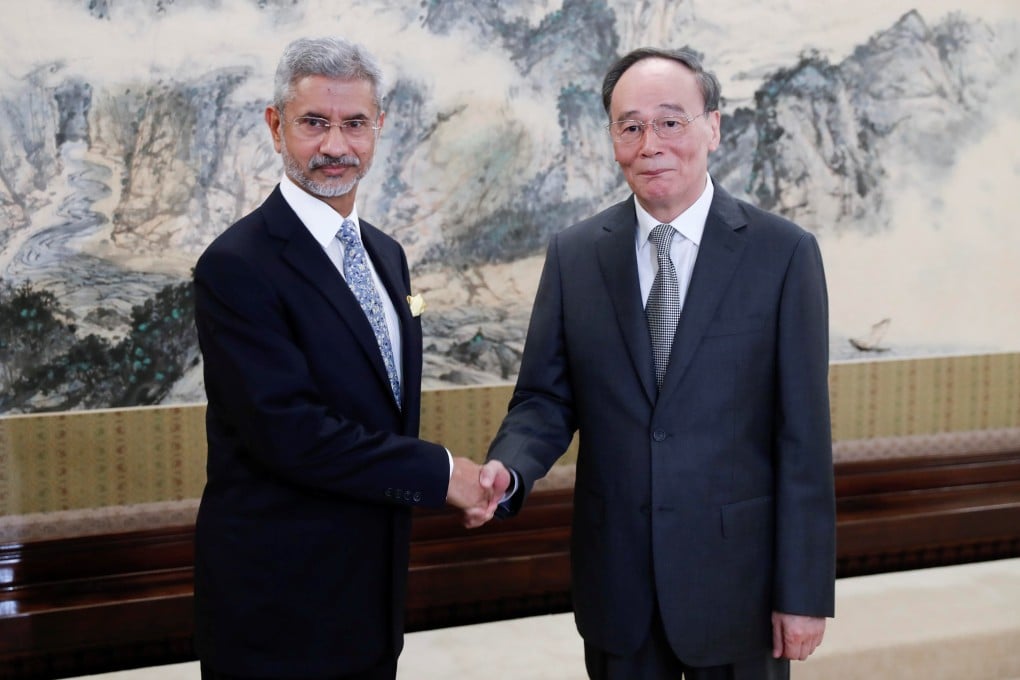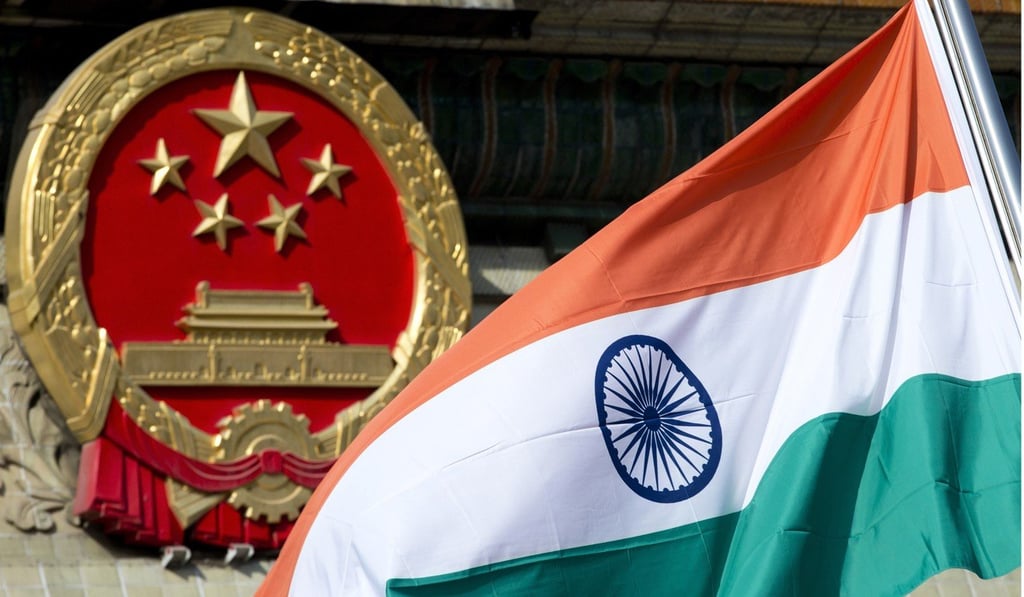Advertisement
China tells India it is ‘highly concerned’ about situation in Kashmir
- Indian External Affairs Minister Subrahmanyam Jaishankar meets Chinese foreign minister and vice-president in Beijing
- Wang Yi says move to strip the region of its special status will ‘trigger regional tension’ and calls for dispute to be settled ‘through peaceful means’
Reading Time:3 minutes
Why you can trust SCMP

Chinese leaders have expressed heightened concern over India’s decision last week to scrap the special autonomous status of Jammu and Kashmir, a disputed territory claimed by both New Delhi and Islamabad.
They also urged India to avoid provocation and to play a “constructive role” in regional stability.
The message was delivered by Foreign Minister Wang Yi and Vice-President Wang Qishan in separate meetings in Beijing on Monday with Indian External Affairs Minister Subrahmanyam Jaishankar during his three-day visit to China.
Advertisement
In his meeting with Jaishankar, Wang Yi said Beijing was closely watching the latest tensions between India and Pakistan, its nuclear-armed neighbours, after New Delhi’s move to strip Indian-administered Kashmir of its special status.
“China is highly concerned about the current situation in Kashmir and the escalated conflict between India and Pakistan,” the foreign minister told Jaishankar, according to official news agency Xinhua.
Advertisement

Advertisement
Select Voice
Select Speed
1.00x